European Commission President Ursula von der Leyen faces a crucial vote on Thursday, where the European Parliament will decide whether to grant her a second term as the head of the EU's executive arm. Von der Leyen, who has led the European Commission since 2019, has been the first woman to hold this position and has navigated through various crises, including the COVID-19 pandemic and the war in Ukraine. However, she has also faced controversies, including a recent ruling by a top EU court that she failed to be transparent enough about coronavirus vaccine contracts.
The vote is expected to be a close one, with von der Leyen needing at least 361 votes in the 720-seat parliament to secure another term. Her supporters believe that she will comfortably clinch the vote by secret ballot after holding negotiations with lawmakers. However, her detractors point to the fact that she won the vote in 2019 with only a narrow majority of nine extra votes from Members of the European Parliament (MEPs).
The potential vote outcome has raised concerns about the political uncertainty and the implications of a potential second term for von der Leyen, especially in the face of global political developments. If she fails to secure a majority, the EU leaders will be expected to put forward a new nominee, leading to a period of uncertainty and potential political crisis.
Von der Leyen's candidacy has sparked discussions about the future of the EU leadership and the challenges she would face if re-elected, including addressing the war in Ukraine, potential conflicts in the Middle East, and trade tensions with China. The vote outcome will have significant implications for the EU's leadership and its ability to address pressing issues in the coming years.
The vote on von der Leyen's second term as the President of the European Commission reflects the complex dynamics of EU politics and the challenges of securing consensus among MEPs from various political groups.



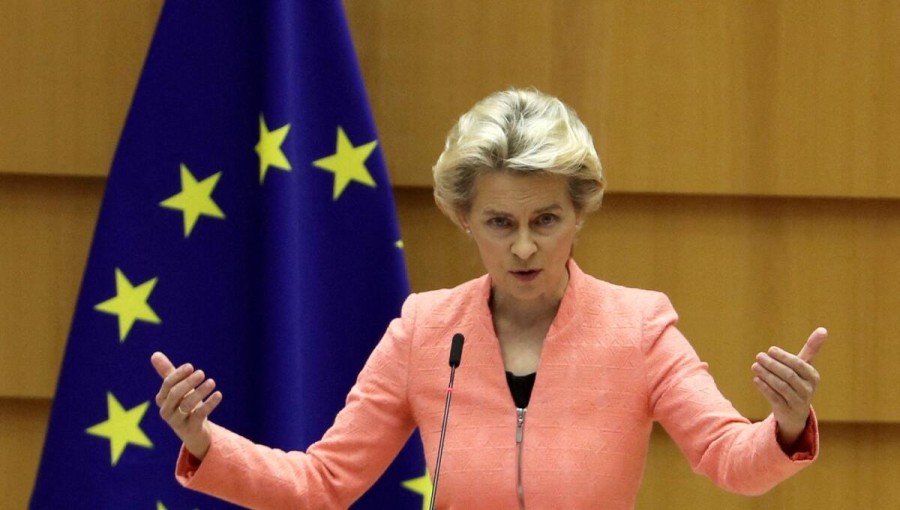
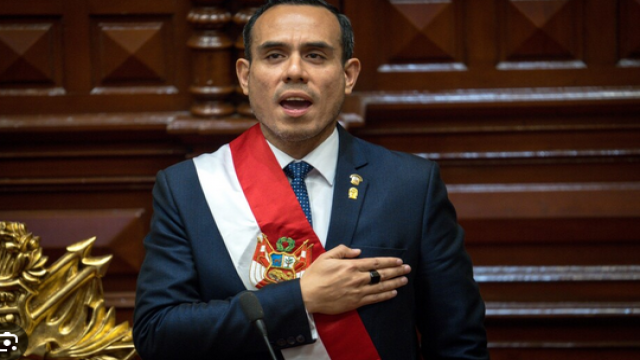
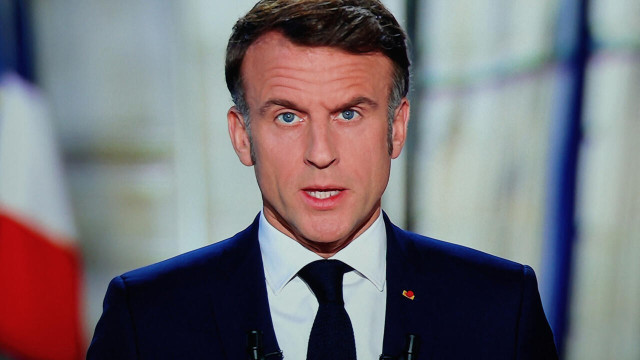



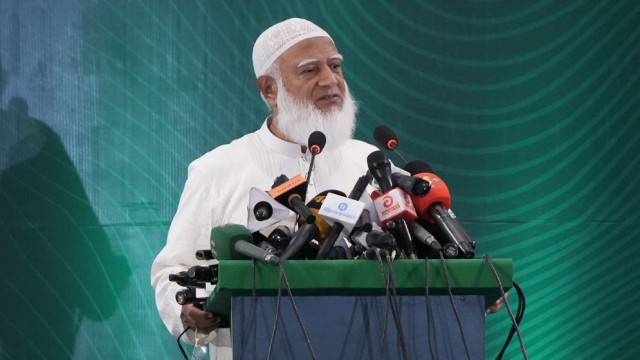








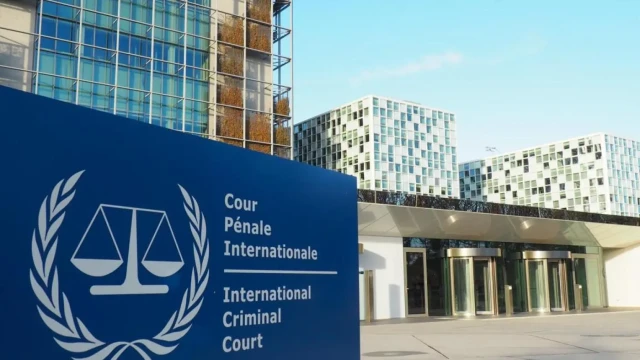











Comment: